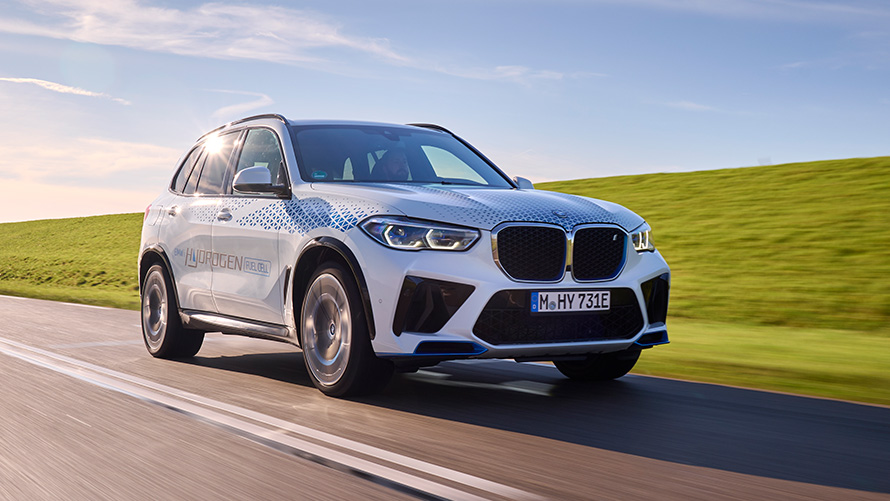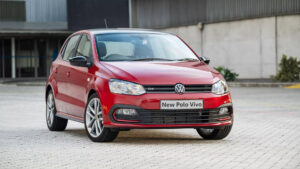Exploring BMW’s hydrogen fuel cell electric vehicle prototype based on the X5 SUV
June 18, 2025
8 min read
The BMW iX5 Hydrogen is a hydrogen fuel cell electric vehicle (FCEV) concept based on the X5 SUV, designed to showcase BMW’s advancements in hydrogen-powered mobility. Currently not available for purchase, BMW has deployed a pilot fleet of under 100 units globally for testing and demonstration since its launch in February 2023.
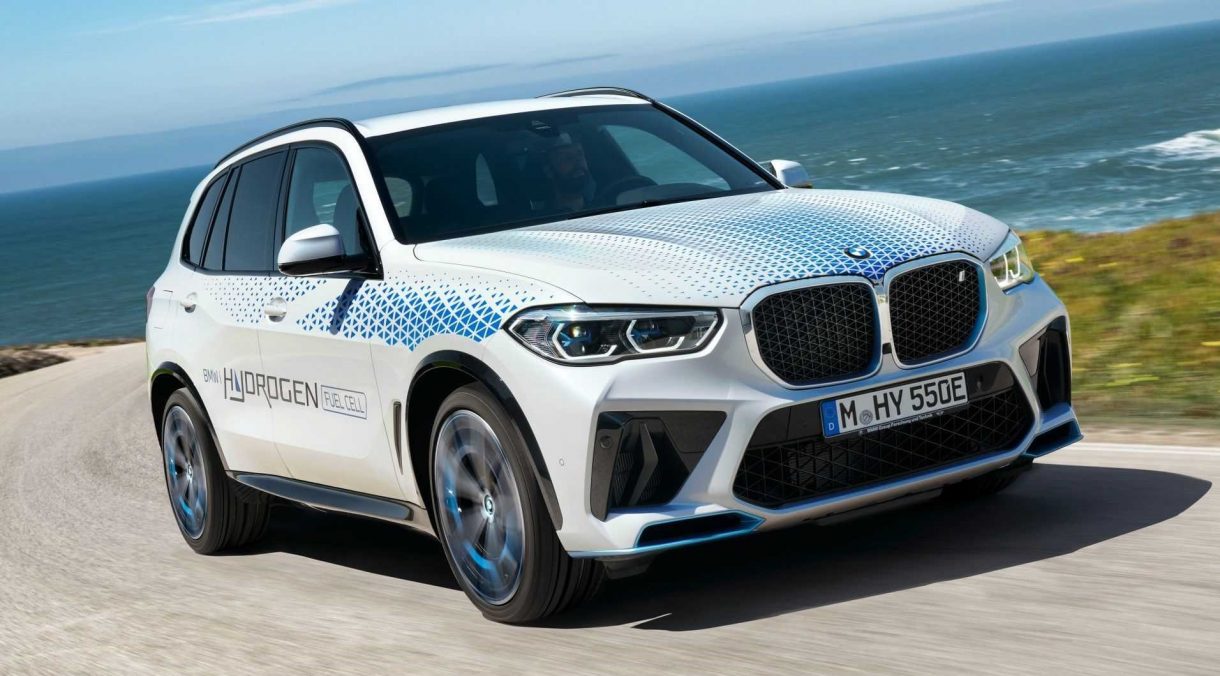
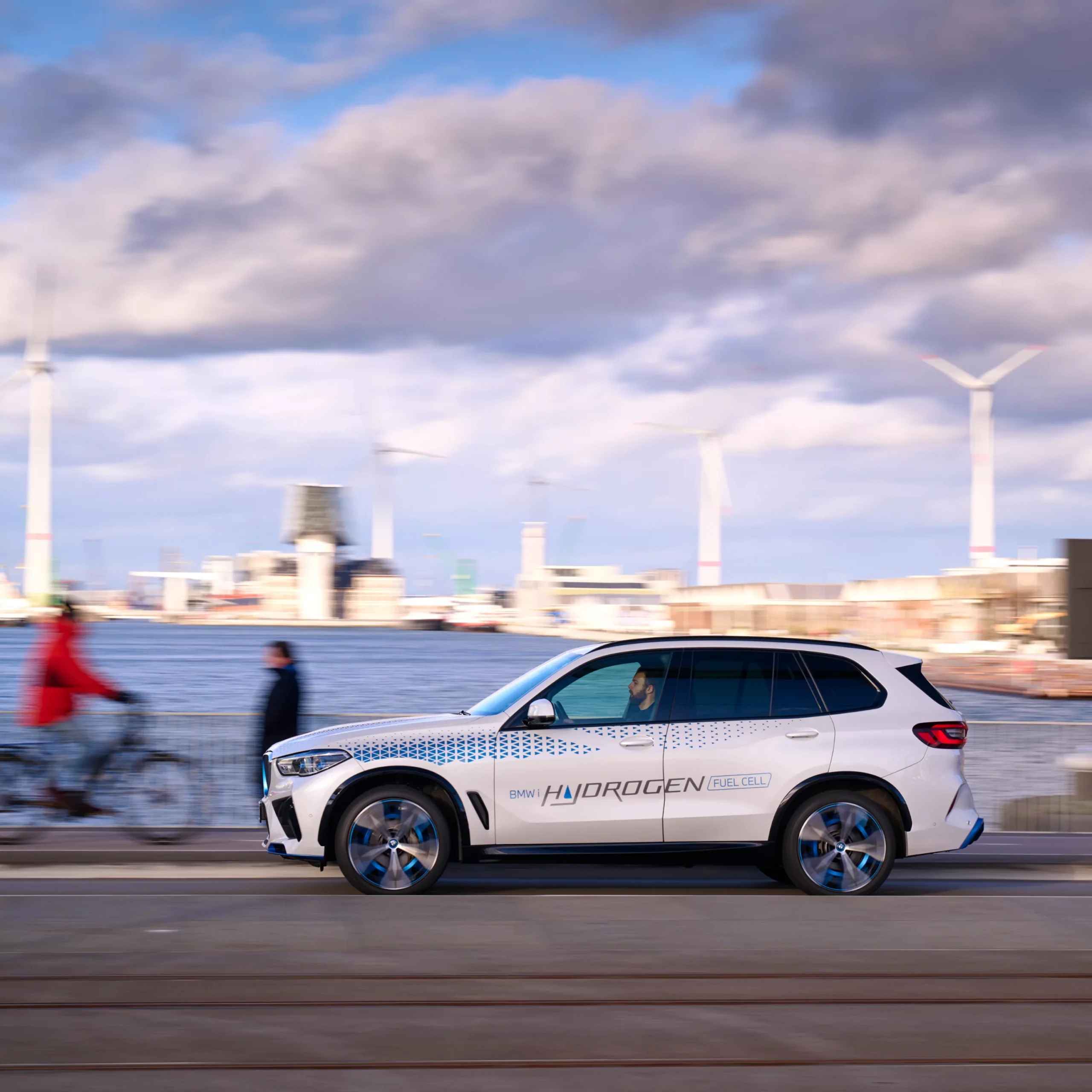
Key Features and Technical Specifications
Performance Highlights
- Total Output: 295 kW (401 hp) and 710 Nm of torque
- Acceleration: 0-100 km/h in under 6 seconds
- Top Speed: 180 km/h (electronically limited)
- Range: 504 km (WLTP) / ~420 km real-world
- Refueling Time: 3-4 minutes
| Component | Specification |
|---|---|
| Fuel Cell System | 125 kW output |
| Electric Motor | BMW’s fifth-generation eDrive (rear-mounted) |
| Battery | 2.5 kWh lithium-ion buffer |
| Hydrogen Storage | Two CFRP tanks (6 kg at 700 bar) |
| Efficiency | 1.19 kg H2/100 km (WLTP) |
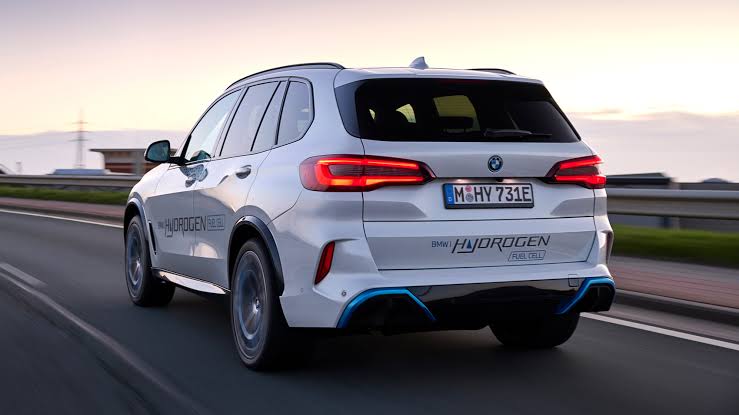
Technology and Safety
Fuel Cell System
BMW develops the fuel cell stack in-house at its Munich Hydrogen Competence Center, using individual cells sourced from Toyota. The system converts hydrogen and oxygen into electricity, with water vapor as the sole emission.
Safety Features
The iX5 Hydrogen meets BMW’s rigorous safety standards, with extensive crash testing ensuring the integrity of the high-pressure hydrogen tanks. These tanks are designed to prevent leaks, even in extreme conditions.
Testing Program
The pilot fleet has undergone extreme condition testing, including hot-weather trials in the UAE (up to 45°C) and cold-weather tests in Sweden’s Arctic Circle, demonstrating reliability in diverse environments.
Advantages and Challenges
Advantages
- Quick refueling (3-4 minutes)
- Long range unaffected by cold temperatures
- Requires fewer rare earth materials than BEVs
- Potential for renewable hydrogen production
- Maintains interior space and practicality
Challenges
- Limited hydrogen refueling infrastructure
- High fuel costs (up to R650 per fill in some markets)
- Real-world range variability
- Current high production costs
- Competition from established BEV technology
“The iX5 Hydrogen offers BEV-like performance with faster refueling and temperature-independent range. While the technology is mature, its viability hinges on infrastructure growth.”
– DriveZA Technology Analyst
Current Status and Future Outlook
The iX5 Hydrogen is part of BMW’s “technology-open” approach, alongside BEVs, plug-in hybrids, and internal combustion engines. The pilot fleet operates in multiple regions including Europe, Japan, Korea, China, the U.S., and the Middle East.
BMW aims to gather real-world data to support a potential production model by 2028, depending on market conditions and infrastructure development. The company’s collaboration with Toyota and investment in hydrogen infrastructure suggests hydrogen could play a role in BMW’s carbon-neutral future.
DriveZA Verdict
The BMW iX5 Hydrogen represents a promising step toward emission-free mobility, offering a compelling alternative to battery-electric vehicles with its rapid refueling and consistent range. While the technology demonstrates impressive maturity in this prototype, widespread adoption will require significant infrastructure development and cost reductions.
For now, it remains an important testbed for hydrogen technology, with potential future applications particularly suited to long-distance travel and commercial vehicles where battery-electric solutions may be less practical.

